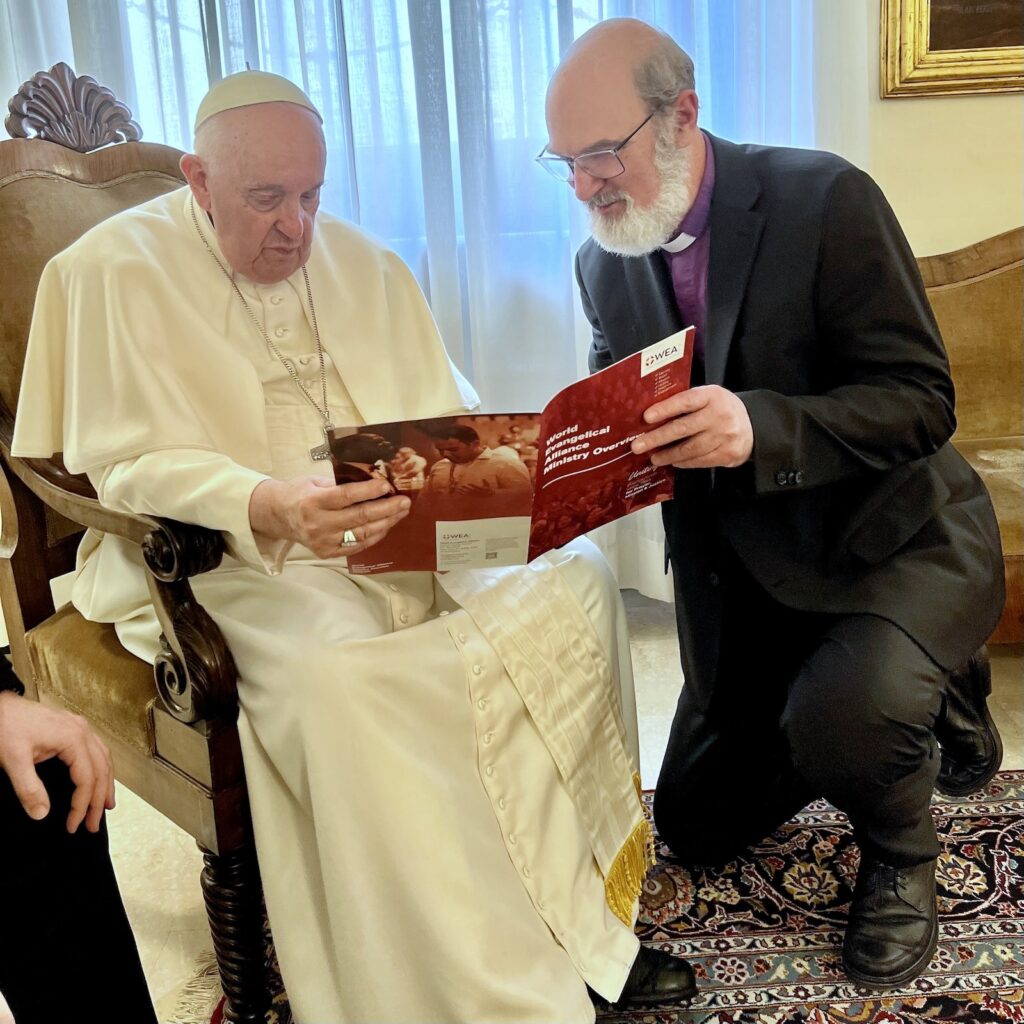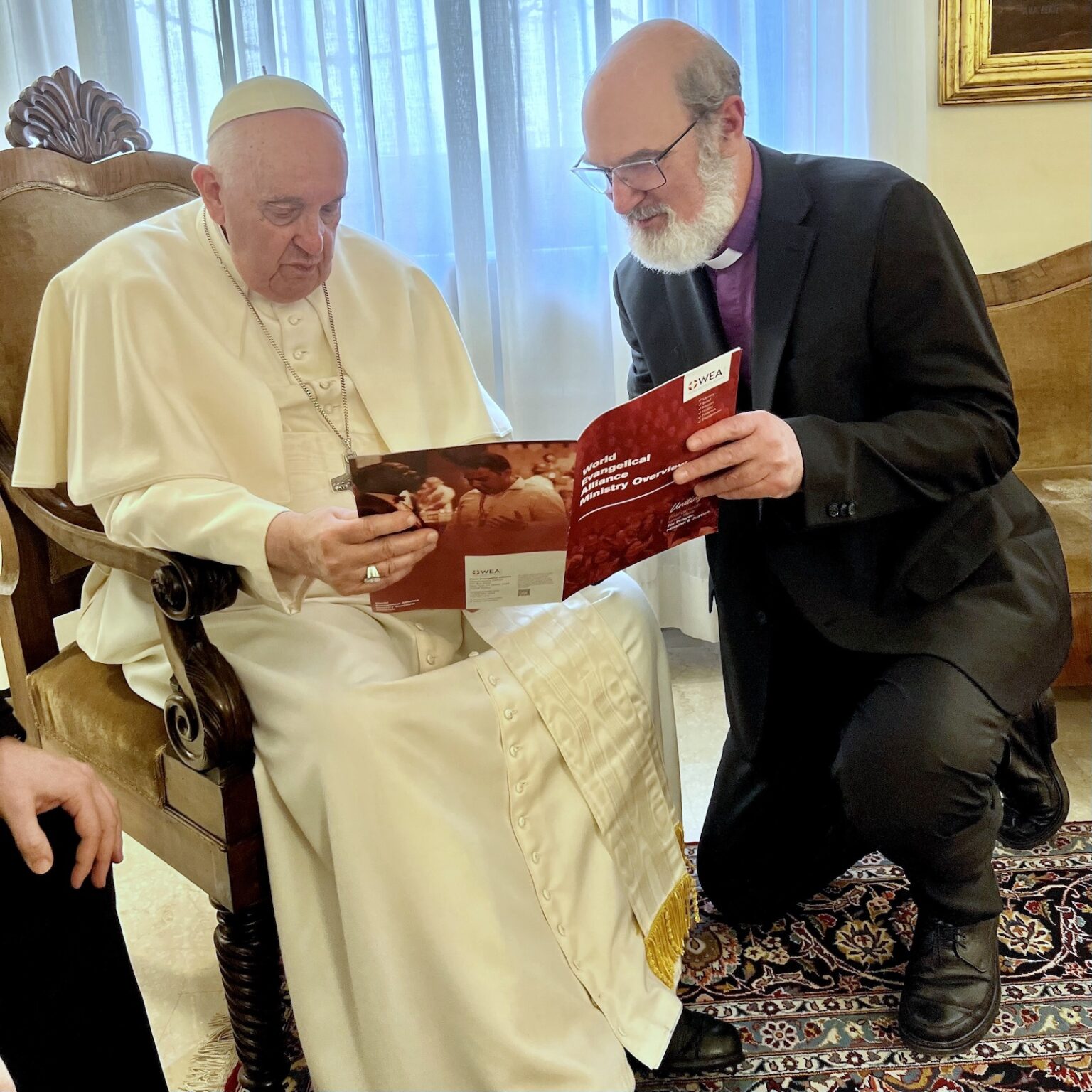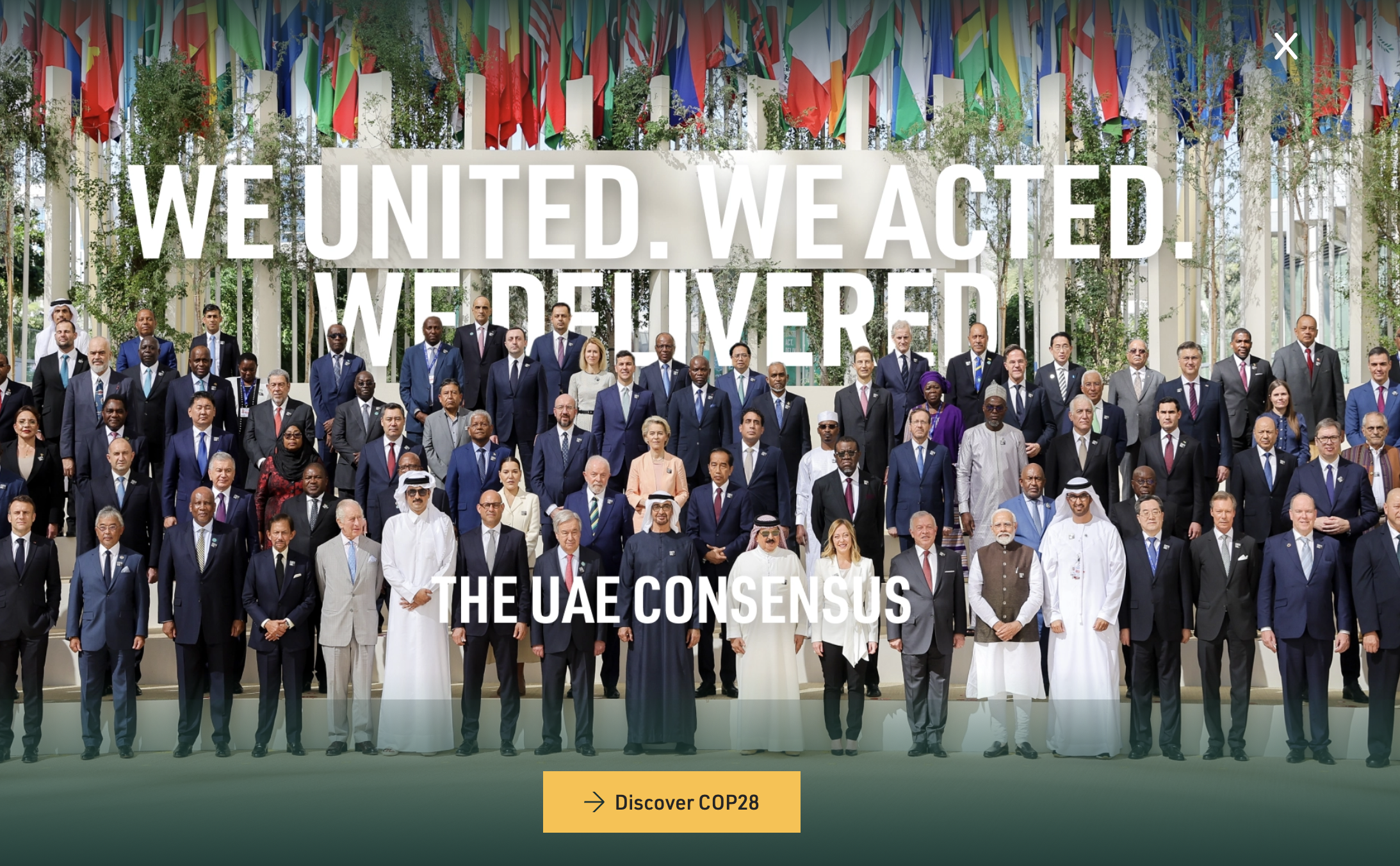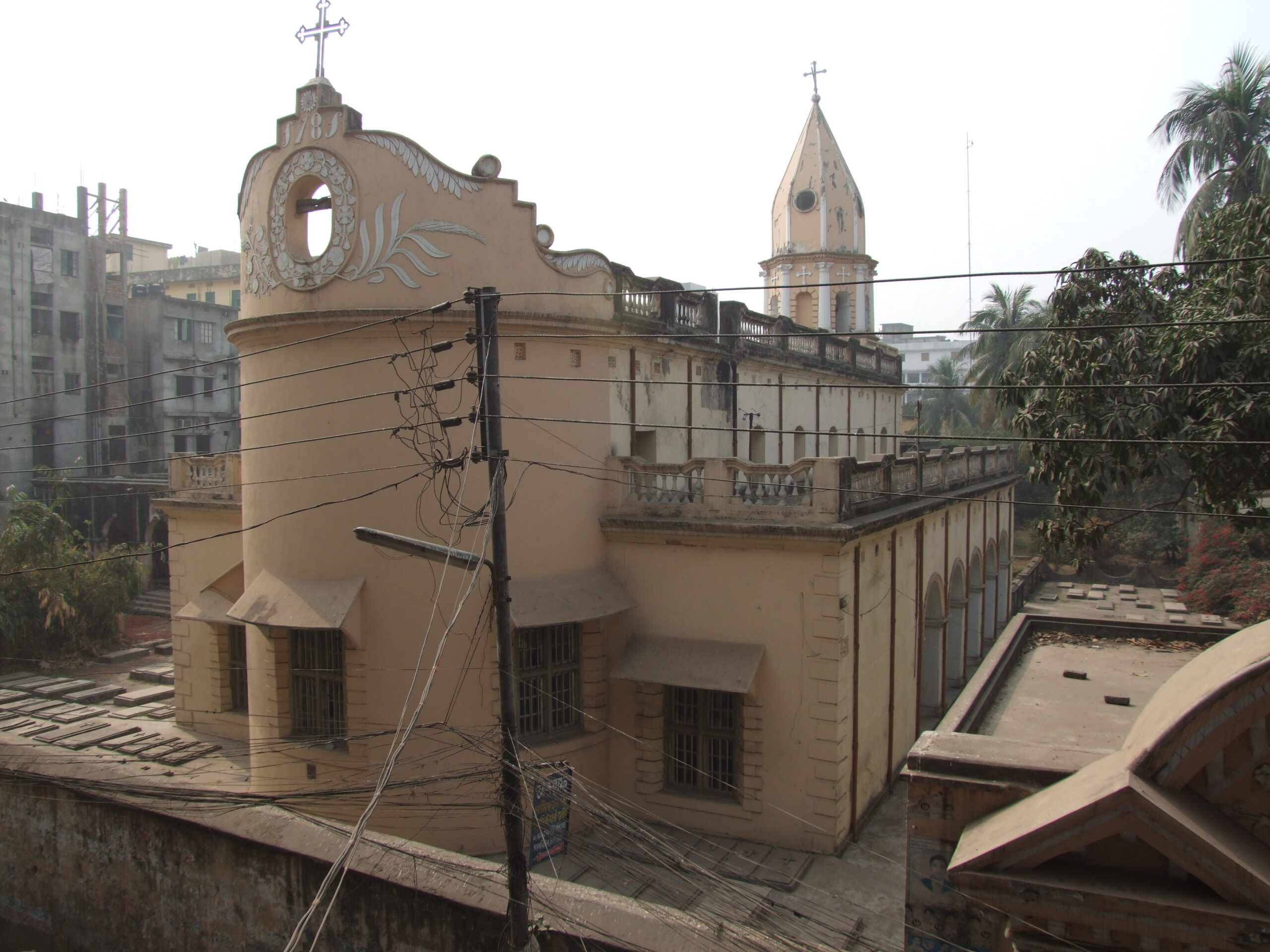In 2021, retired Anglican Bishop Michael J. Nazir-Ali affiliated with the Catholic Church. He joined the Personal Ordinariate of Our Lady of Walsingham, a special diocese of the Roman Catholic Church for former Anglican clergy established by Pope Benedict XVI in 2011. The diocese is named after a sculpture of Mary, “Our Lady of Walsingham,” which was blessed by Pope Leo XIII in 1897, crowned by Pope Pius XII in 1954, and has long played a role in Anglo-Catholicism, a wing of the Anglican Church close to Catholic positions. Nazir-Ali, who is married and has two children, was ordained as a deacon by Archbishop Kevin McDonald in October 2021 and as a priest by Cardinal Vincent Nichols a few days later. In April 2022, Pope Francis granted Nazir-Ali the title of “Prelate of Honour of His Holiness” (ordination: https://www.youtube.com/watch?v=HPGbk2lNMFk; Papal decree: https://www.cbcew.org.uk/monsignor-michael-nazir-ali/)
In the following interview, Thomas Schirrmacher, Secretary General of the World Evangelical Alliance, looks back at the development of the last two years and answers questions concerning the implications of Bishop Nazir-Ali’s move.
————————
Bishop Thomas, is this the beginning or a sign of a large evangelical move toward the RCC?
No, Michael James Nazir-Ali, born in Karachi in 1949, was a Catholic as a youngster and received his education in Catholic schools. When he was 20, he became an Anglican. So he is now just returning to the church of his childhood and youth.
This is a very personal development and decision, which does not reflect any global development. The significant global move is that Anglican bishops, especially from the Global South, have cut their ties with their mother church in England, but not that they have become Catholics.
From what I know, the Personal Ordinariate of Our Lady of Walsingham is a diocese on paper, as its approximately 1,000 members are scattered all over England and Wales. About 50 of them are former Anglican clergy, and one-fourth of those are former bishops. Fewer than half of them moved into the Catholic Church while still active; the rest did so after retiring.
In a more general way, is there a large evangelical move toward the RCC?
As there are close to 2 billion Catholics and evangelicals (including Pentecostals) in the world today, people are constantly switching sides. As a sociologist of religion, I would expect this by default. At this time, the number of Catholics becoming Protestants—most of them becoming evangelicals or Pentecostals—is at least one hundred times higher than the other way around. So if one side should be feeling nervous, it would not be the evangelical side. I had a private discussion with Pope Francis on this topic in March 2023, so I feel fairly well informed on this matter.
There is another element involved. Bishop Nazir-Ali entered the Anglican Church in Pakistan, where one risks paying a price for being a Christian and where Christianity in general is relatively conservative. He became a bishop in Pakistan and then from there, in 1994, was called to become the first-ever non-white Anglican bishop in the UK. Even then, he was not part of any liberal tradition in the Church of England. In 2021, he stated that the Church of England was no longer the church he had joined. Here is his full comment:
“[I feel] bitter, because I am deeply saddened that the Church of England is not the church I joined. There are many individual parishes, priests, and believers who remain committed to biblical faith and values. But as an institution it seems to be losing its way.”
Is evangelical theology at stake?
Bishop Nazir-Ali did not criticize evangelical theology. He criticized the liberal position of the Anglican Church in the UK, and perhaps the need for a stronger view of apostolic succession.
I am not really sure whether the RCC is happy or should be happy when Protestant leaders converting to the RCC do not touch on theological differences between historic Protestant positions and Catholic views, as if these differences would be a minor issue. At least Nazir-Ali did not mention any of the theological differences between the Catholic view of the Church and the Protestant view. The RCC surely does not just want to be a non-liberal version of the Anglican Church.
Did you find any different theological positions expressed by Bishop Nazir-Ali after he became a Catholic?
Nazir-Ali tries to find Protestant positions in Catholic history, especially in Benedict’s writing. He believes that these are the position of the first 1,000 years of church history (e.g., in an interview available at https://www.youtube.com/watch?v=QhnzfSW-Hck, minutes 9–17). This is a quite naive way to handle the deep rooted differences between the confessions.
Bishop Nazir-Ali always was seen as belonging to the evangelical wing of the Anglican Church and was well connected in the global evangelical community, yet he himself in 2002 described himself in The Telegraph as “Catholic and evangelical” (https://www.telegraph.co.uk/news/uknews/1381259/I-am-Catholic-and-evangelical.html).
As an Anglican bishop, Nazir-Ali was the Secretary to the Archbishop’s Commission on Communion and Women in the Episcopate and Chairman of the Church of England Working Party on Women in the Episcopate, and in this influential position he endorsed women’s ordination in the Anglican Church. Now he thinks that the Anglican Church should have stayed in ecumenical consens with the Catholic and the Orthodox churches (https://michaelnazirali.com/articles/app/archive/03-2022/title/female-clergy-make-unity-an-inpossibility)
Anything else you want to mention?
Yes, I would like to mention one thing that showed up in all press releases. Rev. Nazir-Ali thinks he can now speak up for the persecuted church much better. He stated, “I am excited about the opportunities that joining the ordinariate will bring: to uphold human rights and help millions of suffering Christians and others round the world. The Catholic Church is a truly united global organization, which gives it strength.” (www.catholicnewsagency.com/news/249315/ex-anglican-bishop-as-a-catholic-i-want-to-help-the-persecuted-abroad-and-marginalized-christians-at-home)
I regret to say that he will not get a larger platform and hearing than he had previously through the global evangelical family. including the World Evangelical Alliance. The Catholic Church has major leaders speaking up against persecution (including Pope Francis itself) and has the diplomacy of the Holy See working with most states in the world. But beyond this, the Catholic Church is relatively weak in its advocacy for the persecuted church, because it is nowhere institutionalized in the Vatican (nor in most of the national bishops’ conferences). The Vatican’s relationship with China is the most recent example of the Catholic Church’s weak advocacy in this regard.
You represent the Anglican tradition yourself, even though you are independent from the historic Anglican Church. Are Anglicans halfway to being Catholics?
No, surely not. Not if you follow the origin of the church in Reformation times. Not if you follow the Book of Common Prayer. Not if you follow the vast majority of Anglicans around the globe outside the Western world, both the smaller part still in connection to the Archbishop of Canterbury and the larger part who are not – at least since the GAFCON meeting in Kigali, Rwanda, in April 2023.
And even in the UK, the Anglican Church always had an important evangelical wing, generally called “low-church” as opposed to “high-church.” These evangelical Anglicans gave birth to the Evangelical Alliance movement, as Anglicans do not first of all work around written confessions of faith, but see the confession and this the dogma in action in worship. This still is the base for the global evangelical family of the World Evangelical Alliance, which finds its joint confession and belief in worship, not in long written confessions. It is not by chance that the Anglican evangelical theologian John Stott formulated the basis of the World Evangelical Alliance in 1951, than named World Evangelical Fellowship.
Evangelical Anglicans who are connected to the World Evangelical Alliance:
+ believe in the priesthood of all believers
+ believe in the right of pastors and bishops to marry
+ think that historic succession can be a helpful tool in showing that the church has a history of 2,000 years and is built on the church in the first century, but they do not think that this supersedes the apostolic succession present in the rightful preaching of the gospel, as spelled out in Holy Scripture, and they view churches with other forms of government as true churches.





